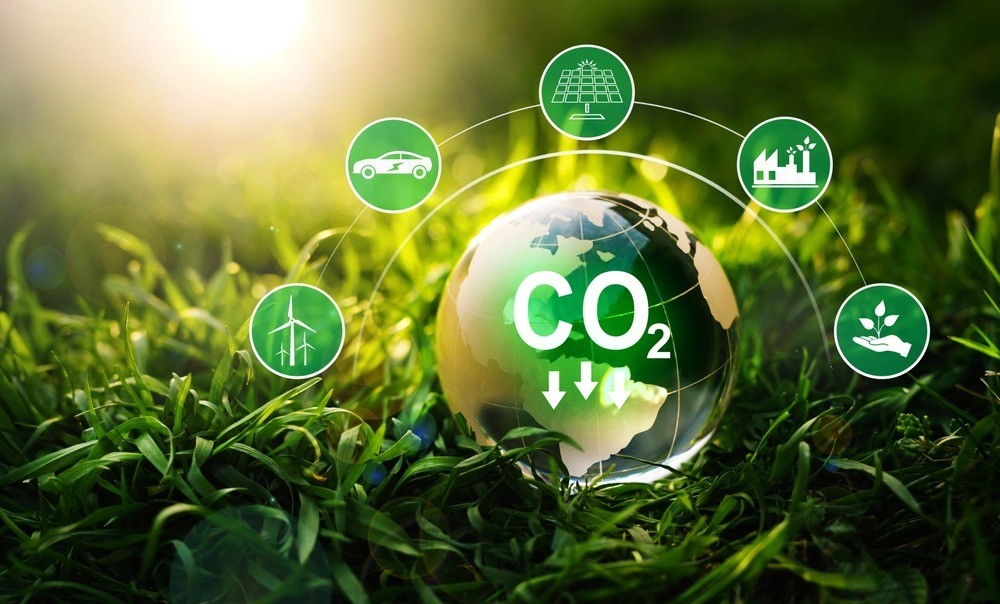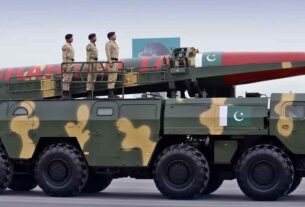Revolutionizing Carbon Trade for a Sustainable Future
At the recent climate summit in Baku, landmark rules for emissions trading were finalized under the Paris Agreement, signaling a new era of opportunities for global carbon markets. For Pakistan, these developments present an exceptional opportunity to align its environmental goals with economic benefits by leveraging the country’s unique carbon assets.
What Do the New Rules Mean?
The adoption of Article 6 of the Paris Agreement introduces two market frameworks:
- Voluntary Cooperation (Article 6.2): This allows countries to transfer Internationally Transferred Mitigation Outcomes (ITMOs) to achieve Nationally Determined Contributions (NDCs).
- Regulated Carbon Market (Article 6.4): A structured, UN-supervised platform ensuring transparency and accountability in emissions trading.
While Article 6.4 offers assurance with oversight, the flexibility of 6.2 raises concerns about the potential proliferation of dubious carbon credits, particularly in countries with weaker governance frameworks.
Pakistan’s Carbon Trading Journey
Pakistan’s engagement with carbon trading began with the Delta Blue Carbon Project in 2017, followed by a 2023 agreement with Verra, a global certification body. The country recently launched its Carbon Market Policy Guidelines in Baku, a pivotal step to attract investors. Efforts are underway to create a robust ecosystem, including regulations, sectoral inventories, and a pipeline of projects.
Building on Global Success: A Case for Clean Air
A shining example of carbon trading in action is the Thai-Swiss partnership under Article 6, which focuses on Bangkok’s transition to electric buses. By replacing diesel buses with electric ones, the project aims to cut emissions by 500,000 tonnes by 2030. This model integrates:
- Local manufacturing of EV components.
- Financing by the Swiss KliK Foundation through ITMO sales.
- Verification by South Pole, ensuring emissions reductions are credible and tradeable.
- UNDP-backed credibility, de-risking investments via performance-based payments.
For Pakistan, replicating this model can significantly address urban air pollution, especially in cities like Lahore, which emits over 7.65 million metric tons of CO₂ annually, 83% of which stems from transportation.
A Three-Track Policy for Pakistan
To maximize the benefits of carbon trading, Pakistan should adopt a comprehensive, three-track policy:
- Nature-Based Solutions: Focus on mangroves, forests, and biodiversity projects.
- Sectoral Emissions Reductions: Prioritize energy, agriculture, industry, and waste management.
- Urban Air Quality: Develop targeted initiatives for pollution-heavy cities like Lahore, focusing on sustainable urban transport systems.
Overcoming Provincial Challenges
Provinces must establish robust baselines for their carbon stocks and emissions to enable fair participation in national and international markets. Collaborative frameworks across Punjab, Sindh, and KP can help align priorities and attract proponents, financiers, and certification bodies to scale projects effectively.
The Road Ahead
With its Carbon Market Policy in place and a growing portfolio of projects, Pakistan has the tools to lead in global carbon trading. By emulating successful international models and leveraging its natural resources, the nation can not only combat climate change but also unlock economic opportunities, making clean air a reality for its citizens.
Conclusion
Carbon trading is not just an environmental imperative but an economic opportunity for Pakistan. By adopting global best practices, ensuring transparency, and fostering provincial collaboration, Pakistan can emerge as a key player in the global carbon market, paving the way for a cleaner, greener future.
DAWN NEWS, CNN, ARY NEWS, GEO NEWS





